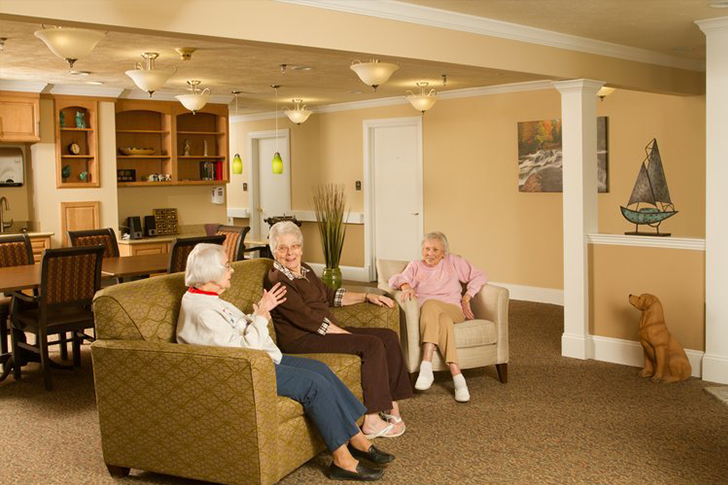The Ultimate Guide to Accessible and Cheap Senior Apartments
Housing is essential for seniors with fixed incomes and specific needs. Finding cheap, comfortable, and accessible apartments is challenging, but with the right strategies and resources, it’s achievable. This article explores how seniors can find low-cost housing and access financial aid programs.

Understanding Senior Housing Needs
Senior living requirements often differ significantly from those of younger renters. Many seniors require accessible living spaces that minimize the risk of falls and other injuries, proximity to medical facilities, and lower noise levels. Understanding these needs is the first step in identifying the most appropriate and affordable housing.
The Role of Government Subsidies and Non-Profit Organizations
1. **Subsidized Housing Options:**
Section 202 Supportive Housing for the Elderly is a program sponsored by the Department of Housing and Urban Development (HUD) in the United States. It provides federal funding to facilitate the construction and operation of supportive housing for seniors. Eligible residents typically pay 30% of their adjusted income for rent, which makes these units highly affordable.
2. **Other Government Programs:**
Other government-initiated options include vouchers such as Section 8, which allow seniors to choose their housing while benefiting from rental assistance. On average, participants paying no more than 30-40% of their income towards rent.
3. **Non-Profit Initiatives:**
Many non-profit organizations offer housing solutions tailored to seniors. These entities often provide apartments at below-market rates. For example, Mercy Housing, a national non-profit organization, offers affordable housing to low-income individuals, including seniors.
Location and Its Impact on Cost
The geographical location significantly affects the price of rental properties. As per a 2021 report by the National Low Income Housing Coalition, states like Alabama and West Virginia have some of the lowest rents in the USA, making them potentially more affordable for seniors. Housing costs in rural areas or towns are generally lower than in major metropolitan areas.
Shared Housing and Co-housing Communities
An increasingly popular and economically viable option for seniors is shared housing. By sharing an apartment or house, seniors can split costs such as rent, utility bills, and groceries. Moreover, co-housing communities designed for seniors provide private spaces within a community-oriented setting, often including communal kitchens and recreational areas to promote social interaction. This setup not only helps in reducing living costs but also prevents social isolation.
Online Resources and Tools
Several online platforms can help seniors in their search for affordable housing. For instance:
– **HUD’s website** offers a searchable database of approved subsidized housing.
– **Eldercare Locator**, a public service supported by the Administration on Aging, can connect seniors with services including affordable housing resources.
– Websites like **Apartments.com** and **Zillow** allow filters to search specifically for senior housing, and adjusting the price filters can help in finding listings that fit within a senior’s budget.
Tips for Application and Eligibility
Seniors should ensure that they have all necessary documents ready when applying for housing, such as proof of income, identity documents, and medical recommendations if applicable. Being prepared helps streamline the application process. It’s also essential to understand that many affordable senior housing communities have waitlists, so it is advisable to apply to multiple options and plan ahead.
Conclusion
Securing affordable housing as a senior requires understanding the available resources, being proactive in the housing search, and considering alternative living arrangements such as shared housing. By using government programs, non-profit resources, and efficient planning, seniors can find accommodations that provide safety, comfort, and community without straining their finances.







Recent Comments